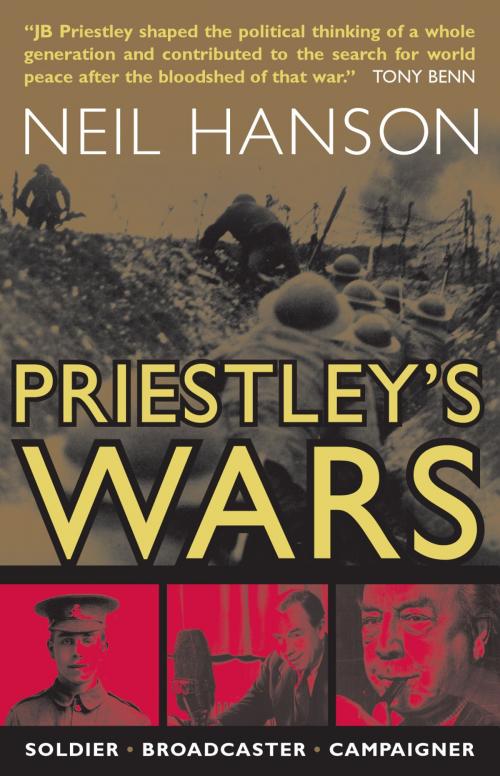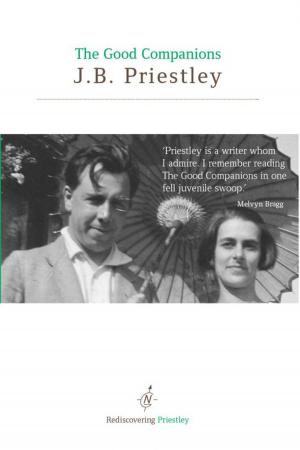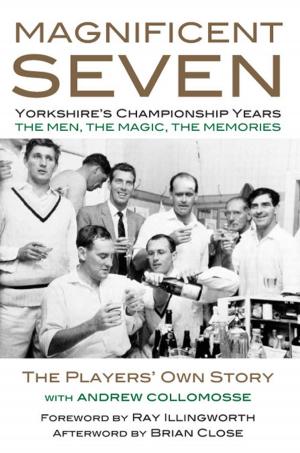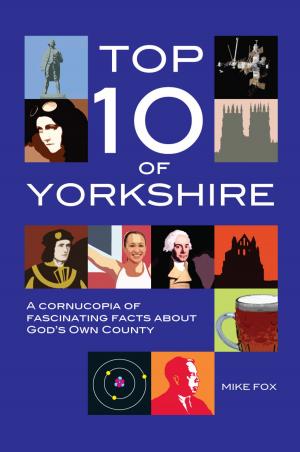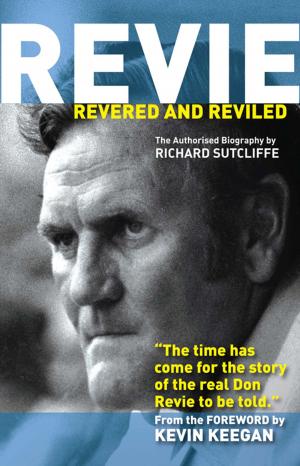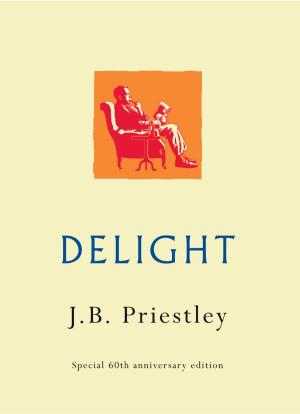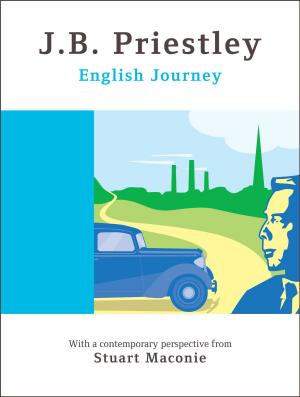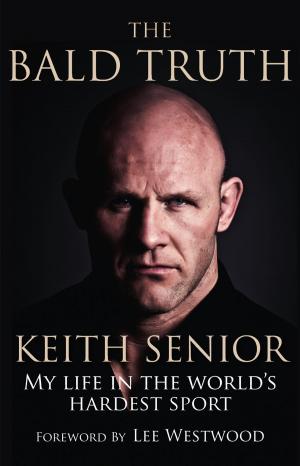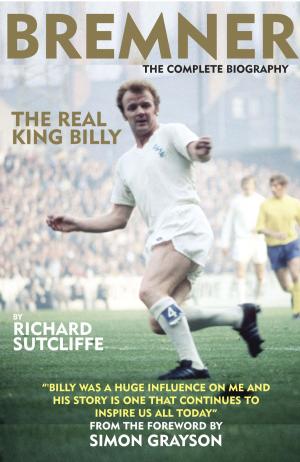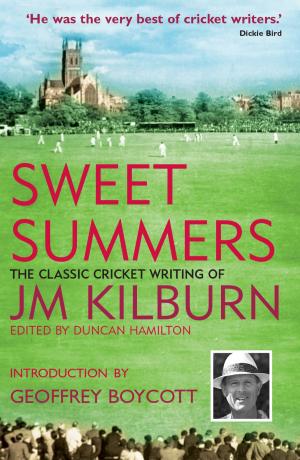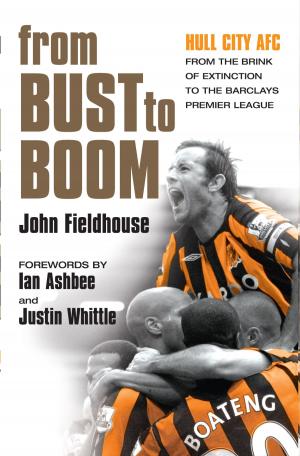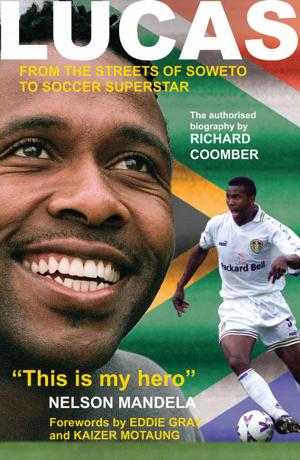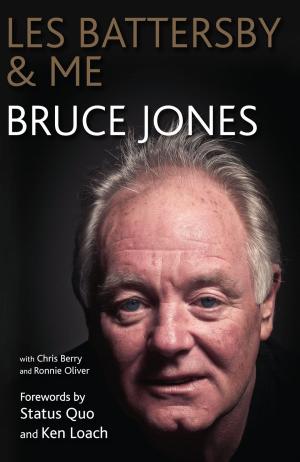| Author: | J.B. Priestley | ISBN: | 1230000030184 |
| Publisher: | Great Northern Books | Publication: | November 13, 2012 |
| Imprint: | Language: | English |
| Author: | J.B. Priestley |
| ISBN: | 1230000030184 |
| Publisher: | Great Northern Books |
| Publication: | November 13, 2012 |
| Imprint: | |
| Language: | English |
Priestley’s Wars
SOLDIER • BROADCASTER • CAMPAIGNER
edited by
Neil Hanson
with
Tom Priestley
GREAT NORTHERN
“JB Priestley shaped the political thinking of a whole generation and contributed to the search for world peace after the bloodshed of that war.” Tony Benn
“He was one of the best friends mankind had in the 20th Century. His advice was extraordinary, not just in its individuality, but also in its justice as has been proved by events. If we’d followed his advice we’d live in a happier country and if we follow his advice now we are more likely as a nation and as a people to survive.”
Michael Foot
His letters from the WW1 battlefields; the broadcasts in 1940 that galvanised a nation at war and alarmed the establishment; and his involvement in the formation of CND - this is the fascinating, untold story of J B Priestley’s role at the heart of 20th century British history.
“I came out of [the 1914-1918 war] with a chip on my shoulder . . . probably some friend’s thigh-bone.” JB Priestley
This major historical work by the acclaimed historian, Neil Hanson, traces the personal odyssey of one of Britain’s greatest and best-loved literary figures, JB Priestley. This revealing book opens with Priestley as an enthusiastic volunteer in the First World War. Published here for the first time are the letters he wrote while serving on the Somme, which vividly evoke the full horrors of trench warfare and which also mark the start of a transformation that would ultimately make Priestley one of the most influential voices for peace and disarmament.
In the inter-war years, Priestley became a hugely successful author, playwright and broadcaster, and in the early years of the Second World War, his ‘Postscripts’ radio broadcasts, immediately following Winston Churchill’s addresses to the nation, attracted an audience of 16 million listeners. However, Priestley’s appeals to ensure that, this time, Britain’s troops really should come home to a transformed land “fit for heroes” infuriated Churchill and the broadcasts were abruptly dropped. This book includes copies of the ‘Postscripts’ that have never previously been published and which shed light not only on Priestley’s social and political concerns but also on the growing tide of national feeling that swept the Labour Party to power after the war.
In the 1950s, Priestley’s journey from youthful soldier to passionate opponent of the horror of nuclear war was completed when he became one of the co-founders of the Campaign for Nuclear Disarmament (CND) launched with the famous London to Aldermaston march in 1958.
Written with the full co-operation of JB Priestley’s sons, Tom Priestley and Nicholas Hawkes, and beautifully illustrated, including images from the J B Priestley Archives, Priestley’s Wars tells the full story of one of the literary giants of the 20th century, and his role in the military conflict and social change that defined the ‘Great War to Cold War’ era.
Priestley’s Wars
SOLDIER • BROADCASTER • CAMPAIGNER
edited by
Neil Hanson
with
Tom Priestley
GREAT NORTHERN
“JB Priestley shaped the political thinking of a whole generation and contributed to the search for world peace after the bloodshed of that war.” Tony Benn
“He was one of the best friends mankind had in the 20th Century. His advice was extraordinary, not just in its individuality, but also in its justice as has been proved by events. If we’d followed his advice we’d live in a happier country and if we follow his advice now we are more likely as a nation and as a people to survive.”
Michael Foot
His letters from the WW1 battlefields; the broadcasts in 1940 that galvanised a nation at war and alarmed the establishment; and his involvement in the formation of CND - this is the fascinating, untold story of J B Priestley’s role at the heart of 20th century British history.
“I came out of [the 1914-1918 war] with a chip on my shoulder . . . probably some friend’s thigh-bone.” JB Priestley
This major historical work by the acclaimed historian, Neil Hanson, traces the personal odyssey of one of Britain’s greatest and best-loved literary figures, JB Priestley. This revealing book opens with Priestley as an enthusiastic volunteer in the First World War. Published here for the first time are the letters he wrote while serving on the Somme, which vividly evoke the full horrors of trench warfare and which also mark the start of a transformation that would ultimately make Priestley one of the most influential voices for peace and disarmament.
In the inter-war years, Priestley became a hugely successful author, playwright and broadcaster, and in the early years of the Second World War, his ‘Postscripts’ radio broadcasts, immediately following Winston Churchill’s addresses to the nation, attracted an audience of 16 million listeners. However, Priestley’s appeals to ensure that, this time, Britain’s troops really should come home to a transformed land “fit for heroes” infuriated Churchill and the broadcasts were abruptly dropped. This book includes copies of the ‘Postscripts’ that have never previously been published and which shed light not only on Priestley’s social and political concerns but also on the growing tide of national feeling that swept the Labour Party to power after the war.
In the 1950s, Priestley’s journey from youthful soldier to passionate opponent of the horror of nuclear war was completed when he became one of the co-founders of the Campaign for Nuclear Disarmament (CND) launched with the famous London to Aldermaston march in 1958.
Written with the full co-operation of JB Priestley’s sons, Tom Priestley and Nicholas Hawkes, and beautifully illustrated, including images from the J B Priestley Archives, Priestley’s Wars tells the full story of one of the literary giants of the 20th century, and his role in the military conflict and social change that defined the ‘Great War to Cold War’ era.
